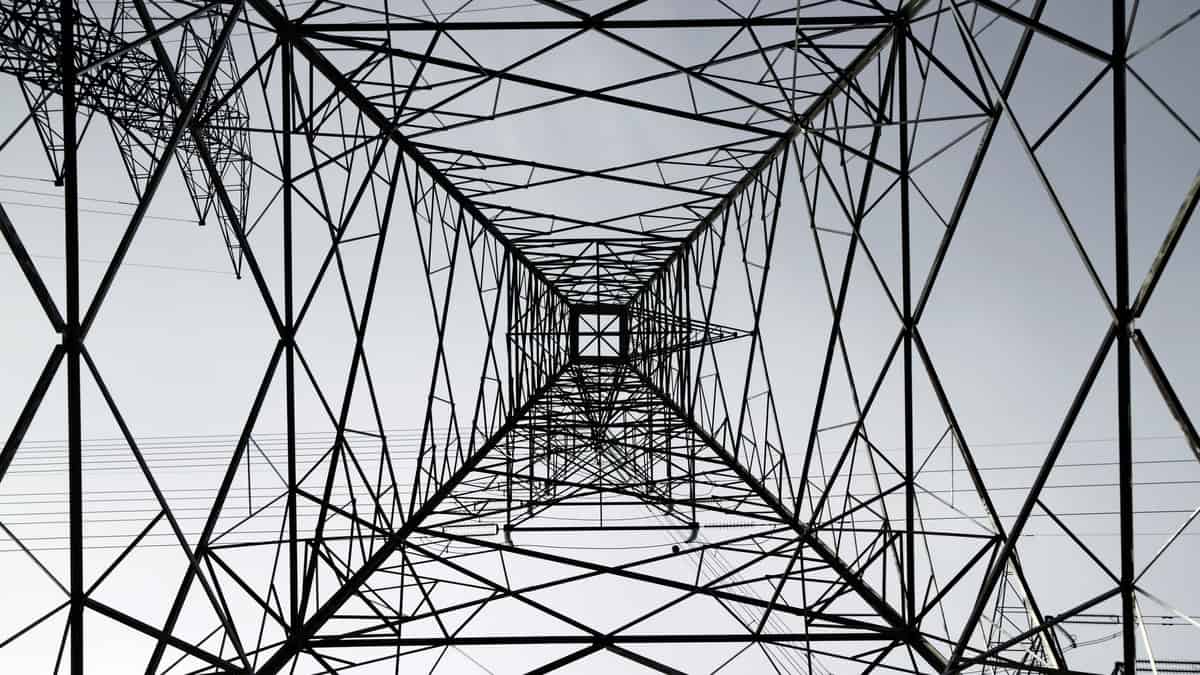According to The Canberra Times, experts warn that connecting electric vehicles to the national power grid could open the door to cyber-attacks and widespread power outages unless regulators get the security settings right early.
The demand for electric vehicles continues to grow, despite the restrictions imposed by the COVID-19 pandemic. More brands join in and compete in the EV industry. As EVs help reduce greenhouse gas emissions and are a great alternative to going green for the future, transportation is gradually splitting sides.
Notably, in the United States alone, about 327,000 plug-in vehicles were sold as the country started working on policy changes to reduce emissions from the transportation industry. With developments and technologies being integrated into the EV system, new models with improved batteries will be further produced and more readily available charging infrastructure into the mix.
However, despite EVs being an excellent tool for going greener, there are still issues that lie in their safety, such as cyber risks. According to experts, companies must extensively address security risks before rolling out their EVs. Commercial charging stations, mobile apps, and command and control servers may be three of the cyber security issues affecting electric vehicles, as per TaskUs.
Energy experts said that the cyber security implications of Australia’s transition to EVs had yet to be flagged in the discussion and needed to be prioritized. Ross De Rango, Electric Vehicle Council energy and infrastructure head, told AAP tackling the issue was critical to preventing costly or damaging outcomes just before speaking at the Australian Cyber Conference in Melbourne.
Australians would use roughly 40 percent more electricity after the wide adoption of electric vehicles, Mr. De Rango said, and charging them at once and during peak times could be calamitous.
While energy companies could schedule vehicle charging, like hot water systems, he said connecting this technology to the national grid could introduce new security threats. For instance, a hacker could exploit security flaws to force all vehicles to charge at the wrong times to create power outages.
According to DEKRA, Electric vehicle charging infrastructure is as vulnerable to suffering cyber threats as any other connected device. Sometimes there might be security breaches within the electric vehicle charging stations (EVCS) ecosystem that could endanger privacy, safety, and even the entire electric grid infrastructure.
“What happens if we are building a system where all of the EV charging normally happens at the right time and a malicious actor gets involved, and all of a sudden the EV charging happens at the wrong time?” Rango stated.
“That’s where cyber security comes into it.”
Security holes could be exploited in software by vehicle manufacturers, charging equipment, software providers, or energy companies, unlike traditional power connections.
“If you want to spoof (the current) signal, then you need to climb a power pole with a set of alligator clips,” Mr. De Rango said. “The likelihood of an external malicious actor being able to do that is negligible.
“If we have a future where the means of connection and control is via the internet, there is a threat surface there that doesn’t exist right now.”
That is why cyber security is crucial. It helps to protect against cyber threats as it safeguards internet-connected systems, including hardware, software, and data locked from cyber attacks.
Furthermore, BlackBerry Asia Pacific and Japan engineering director Jonathan Jackson said security flaws had already been identified in electric vehicle charging equipment overseas. A study by Carlos Alvarez College of Business in the US identified ‘significant’ security holes in 13 of 16 EV charging stations, including missing authentication standards.
“The vulnerabilities just in the software alone on EVs is showing we’ve got a long way to go at a global level, not just in Australia, to ensure the security of the energy system,” Mr. Jackson said.
“We don’t actually have a choice here. If we’ve got the stated gain of EVs helping us to drive to net zero (emissions), we are absolutely going to need to tackle this head-on. It’s a matter of if, not when.”
Jackson also pointed to recent ransomware attacks on energy suppliers, including Queensland’s CS Energy in November 2021 and America’s Colonial Pipeline in May, as proof that could potentially target the national grid. However, he stated that protecting Australia’s power network is achievable if regulators act early.
“This is an addressable issue but we do need to talk about it now,” he said. “Once all the buildings have got smart EV orchestrated, it’s going to be incredibly costly for everyone to bolt (security) on afterward.”
According to Andy Greenberg, “solving autonomous vehicles’ security flaws will require some fundamental changes to their security architecture.” It will also require collaboration among automobile manufacturers, security professionals, and government organizations.

